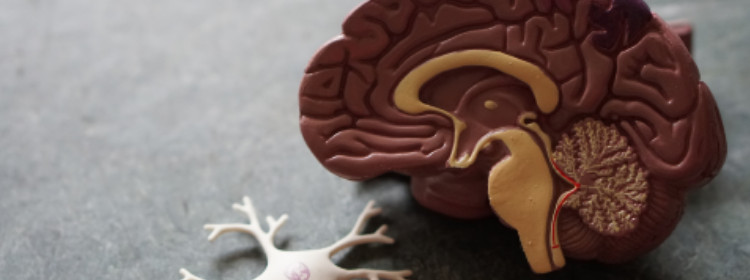Almost everybody has a close relative or a friend that is distressed by mental dementia or Alzheimer's. Temporary treatment techniques combine drugs and behavioral approaches to deal with the effects and growth of Alzheimer's Disease (AD), but there is no complete cure. Perhaps chess can help.
Recent research indicates that playing chess can reduce the risk of AD by up to 75%
An individual in the US develops Alzheimer's disease every 68 seconds. 14.5 million caregivers have rendered more than 17.5 billion hours of unpaid treatment, and the overall expense of Alzheimer's is expected to balloon from $203 billion in 2013 to $1.2 trillion by 2050. Medical science is still wrestling with cause and cure, but there is one therapy that appears to succeed
What should be done in the future to deter the outbreak or slow it down? A fascinating activity exists that may indeed delay the disease or interrupt it. Staying cognitively engaged is related to keeping the mind sharp by mentally engaging behaviors, such as playing chess games.

Can Alzheimer’s Disease and Mental Dementia be fought by a daily chess game and a cup of coffee?
Chess is an especially good brain builder! This is a pretty basic game to play. It needs a little practice, but you can play it easily, and there are countless opportunities to play. Playing games like chess can relax our brains, improve our social connections with others, and potentially relieve tension. Still, the type, variety, and frequency of the games we play are essential for reducing the likelihood of Alzheimer's. Chess appears to be a remedy that works. People over the age of 75 who take part in brain-stimulating leisure activities are less likely to develop symptoms of dementia. Analysis indicates that chess stimulates particular brain regions and the stimulus changes with the obstacles facing a chess player during the game. We all know that games can be enjoyable and challenging, but if we are genuinely involved in preserving brain fitness. The emergence of mind sports as a tool to reduce our risk of Alzheimer's is based on using and exercising all six cognitive areas of the brain and continuing the program. Chess touches every one of those areas.
When doctors prescribe a chess game along with aerobic exercise and a balanced diet for older people, the day might not be far off! For an unforgettable experience and a happier life in the future, the leisure benefit would build one you will want to recall.
Playing chess can help to fight Alzheimer's. If you can, please help your local Alzheimer community caregivers and support the cause.




